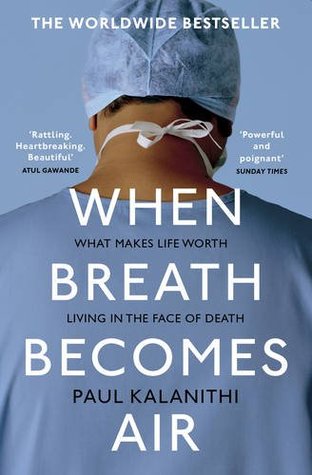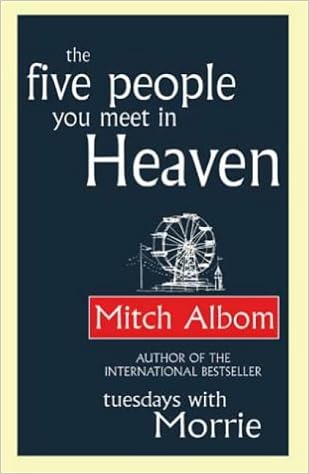This meeting was held on 1 November in The Library at The Vic, where we discussed Little Fires Everywhere by Celeste Ng. Eight of us were in the library, celebrating the anniversary of the book club. Fabulous spread laid on by us, for us. Loved the pina colada cake!
The book created a lot of different emotions across the group. I found, once I was in it, I didn’t want to put it down, and I read the last 300 pages in one sitting. However, others found it easier to put down! We weren’t sure what to expect with the blurb on the back of the book – would middle class America be relevant to us? It was a bit like American Beauty, the focus on the microcosm of the family. But would anything really change?
We had a general discussion about the themes of motherhood that were raised in the book, from the point of view of the mothers (and adoptive mothers) and the daughters. Whether leaving the baby at the fire station was really passing responsibility to the state, or should have been seen as a cry for help. There were some thoughts that the outcome of the court case left us feeling a bit ‘meh’ – whichever side were named as winners, we’d have nodded and said ‘OK’. Was that because the feelings of both sides were explained so well? Or because we hadn’t really engaged with Bebe and Linda?
There were many questions raised:
· Why did Mia never go back to her parents?
· How seriously should we take Linda’s plans for reintroducing Mirabelle to her Chinese roots?
· Why was Elena so hard on Izzy, and less so on Lexie?
We felt Mia had been the catalyst for so much – if she and Pearl hadn’t arrived in Shaker Heights then the toothpick incident wouldn’t have happened, the adoption wouldn’t have been challenged, the abortion wouldn’t have been misaligned, and it was Mia who spoke about the prairie fires. “Remember what I said the other day? About the prairie fires? About how sometimes you need to scorch everything to the ground and start over?” This is presumably what prompted Izzy to take action.
We had mixed emotions about Mia’s photography – did we want to see it because it was interesting, or did we not want to see it, because it sounded like a mess?! The photos she left for the Richardsons – when had she been planning to gift them? Mia and Pearl’s departure wasn’t a planned action. Or was it pure luck that there was something for each of them?
Positives: intimacy of the various relationships; getting both sides of the story
Negatives: possibly needed a couple more rounds of editing; everything was wrapped up too quickly – “one paragraph changed everything” – had she met a deadline?
Scores on the doors? Seven voted (one of us hadn’t finished, quite). The range was from 2.5 to 4 (out of five). The average was 3.36. Some of us said we’d recommend it, others said straight to the charity shop!
Next meeting: 6 December – Venue to be advised. Discussing Unlucky for Some by Jill McGown.
NB – Also SECRET SANTA FOR BOOKLOVERS at this meeting. Please bring a book, wrapped up for a lucky dip. The books will be discussed at the January meeting.

















